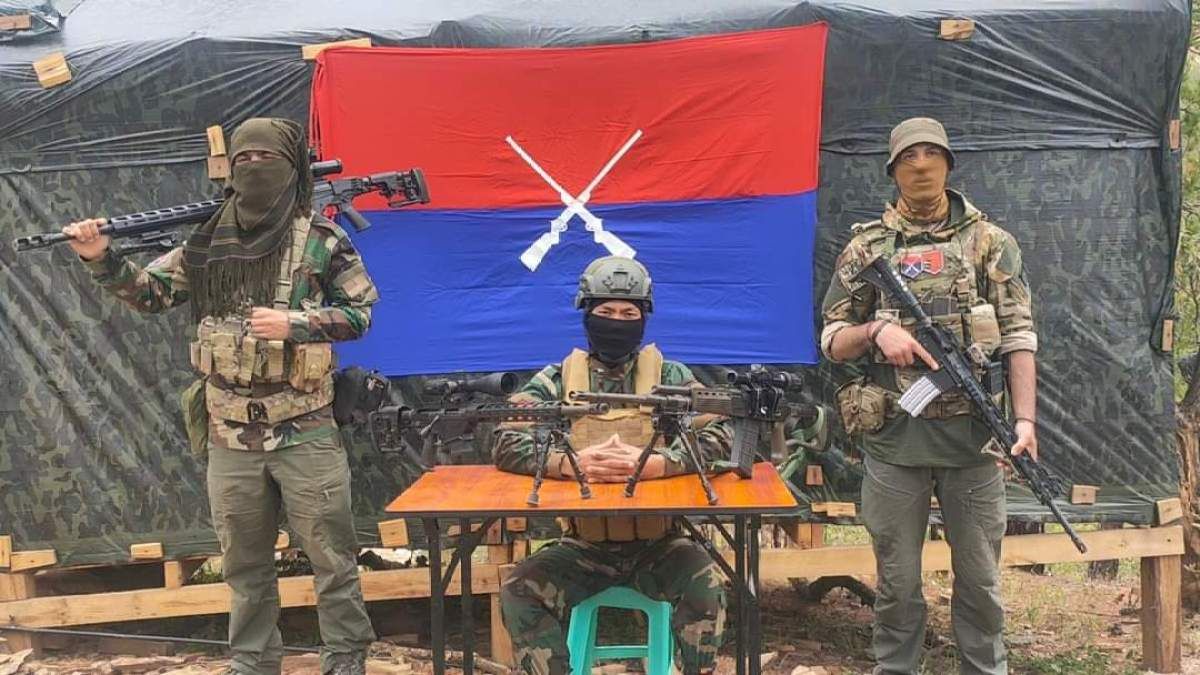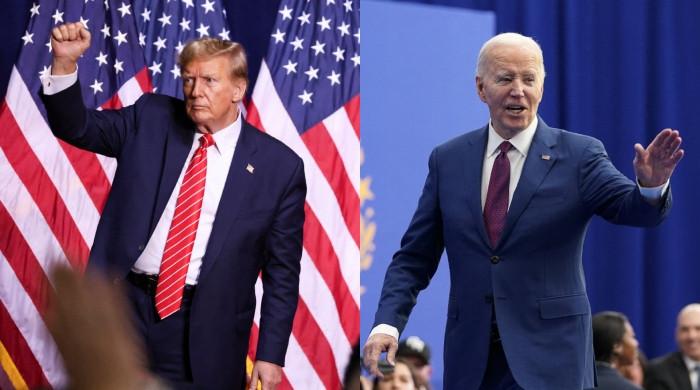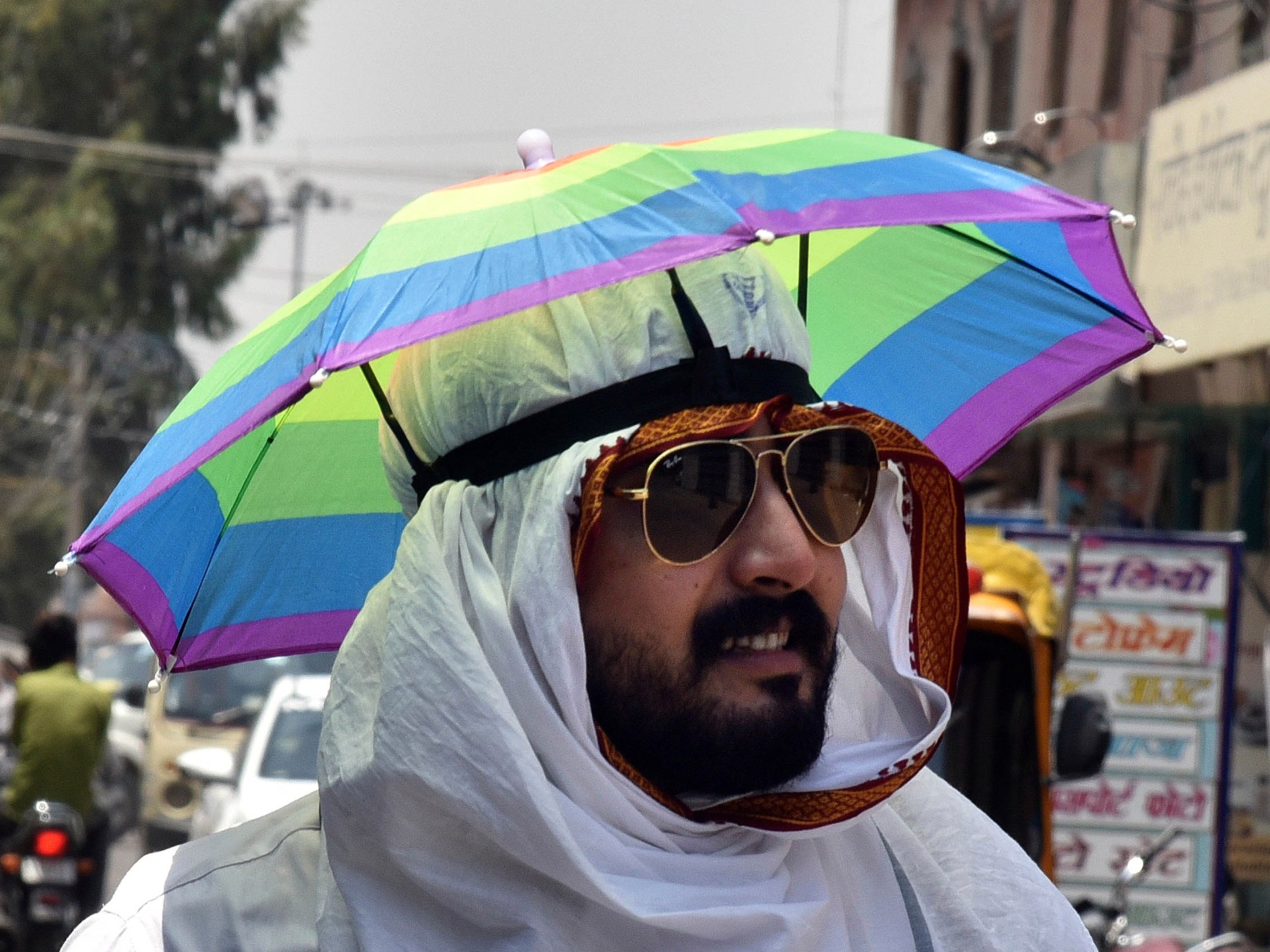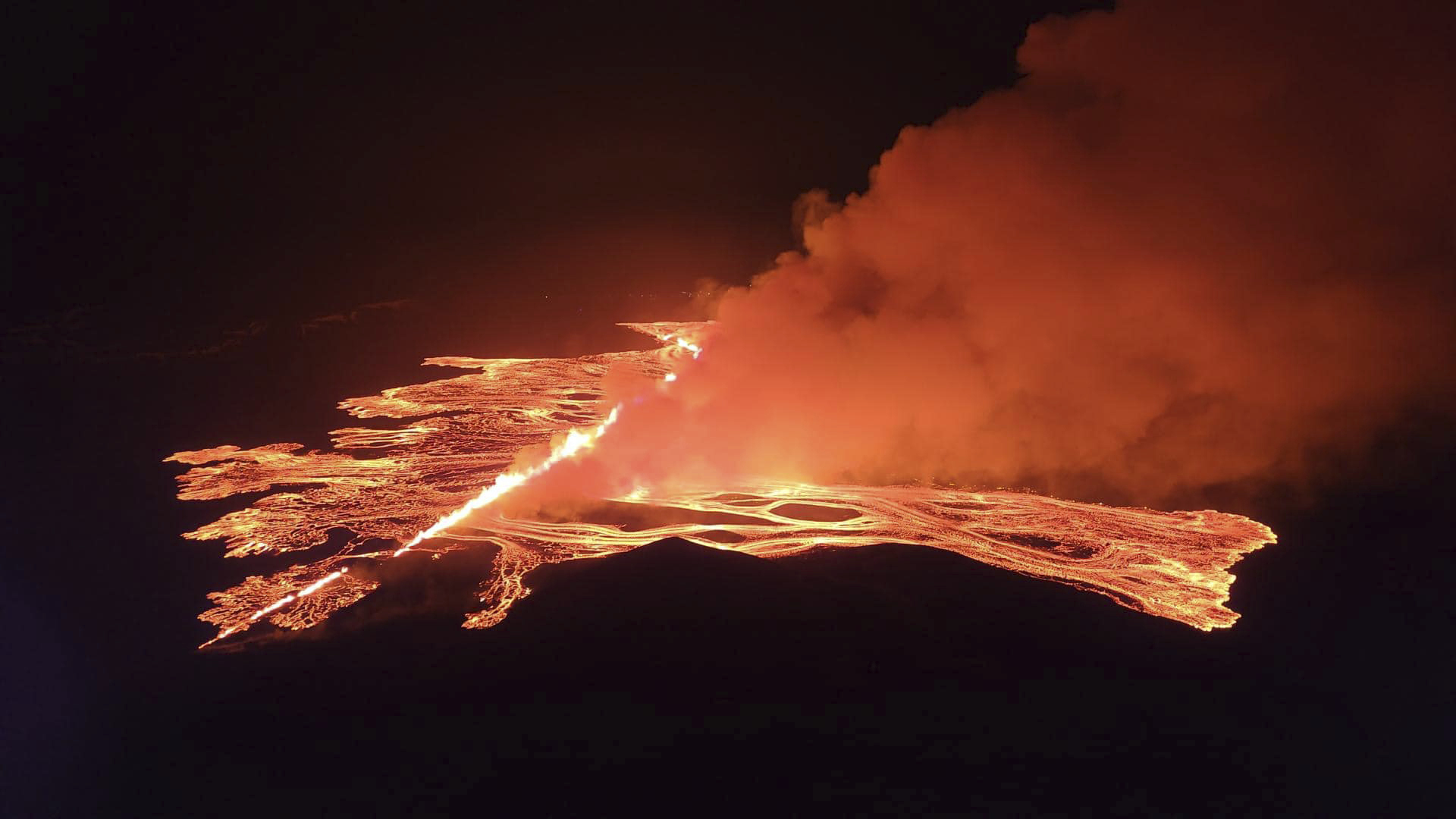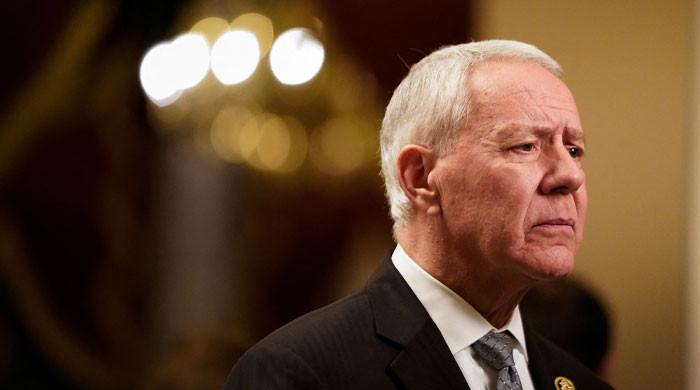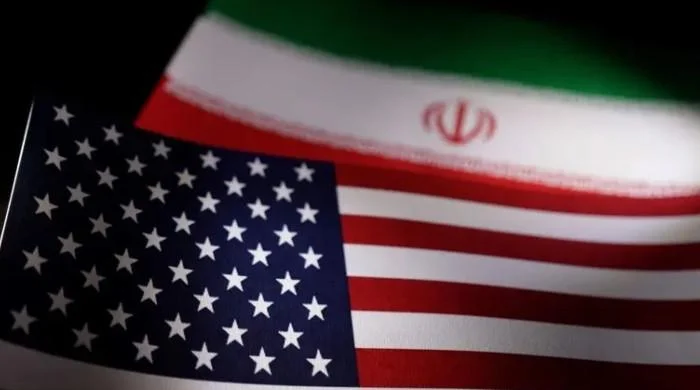Bangkok, Thailand – A former British soldier and an American fighter are among a small but growing number of foreigners training and fighting alongside anti-coup forces in the war against Myanmar's military regime.
The volunteers say they were inspired by the resistance in Myanmar, which has faced one of the most brutal and best-equipped armies in Southeast Asia since generals seized power and killed peaceful protesters more than three years ago.
Jason, an infantry soldier in the British Army for four years from 2009, with a seven-month tour of Afghanistan, said he returned from eastern Myanmar at the end of April after eight weeks on the front.
Jason – a pseudonym used for security reasons – said resistance fighters were “willing to die for the cause” in their all-or-nothing battle against the military.
“It's different from other places I've fought, where you see more fear in the eyes,” he said. “They are brave people.”
Ethnic armed groups, mainly in the country's border areas, have been fighting the army for decades, sometimes with the help of foreign volunteers.
But since the coup of February 1, 2021, atrocities have spread from the peripheries to the central regions. The military, with a fleet of largely Russian-made fighter jets, has been accused of indiscriminate airstrikes against civilians and burning villages in what the United Nations and human rights groups have described as possible war crimes.
But the generals have not been able to quell the uprising. The resistance has caused huge losses and made huge territorial gains, initially using slingshots and air rifles against an army wielding a multibillion-dollar arsenal supplied by Russia and China.
Ethnic armies, public donations and weapons seizures, partly a result of last year's Operation 1027 offensive, have opened the door to better equipment for the resistance, which, even without foreign military assistance, has challenged the ability of permanence of the military.
Myanmar has not experienced the same wave of international volunteers that has been seen in conflicts such as those in Ukraine or Syria, and there are no coordinated efforts to recruit foreign recruits. Myanmar also has a dizzying number of armed groups spread across the country.
But foreign fighters, acting independently, have traveled to eastern and western Myanmar in clandestine efforts that potentially put them at risk of prosecution in their home countries, and have remained secret until now.
Al Jazeera has seen footage and photographs of Jason fighting alongside the resistance in eastern Myanmar. Two sources also witnessed it on the ground.
The British veteran also fought for Ukraine shortly after the start of the Russian invasion and spent about a year and a half in the country, he said.
“I'm not a mercenary,” Jason said. “I do it exclusively for whoever I think is on the right side.”
Seeing foreigners with no training or experience in Ukraine, he does not want the same for Myanmar.
“There is always a concern that Myanmar could become the next Ukraine with idiots going there,” he said, adding that he joined an anonymous resistance force, which vetted him.
He now plans to organize a team of six to ten ex-military personnel from the United Kingdom, United States, Canada and Australia and return to help the rebels.
“We have knowledge from four different militaries that we can use to teach them,” he said. “My experience there further solidified my desire to help them. They just want their freedom and democracy.”
He was reluctant to give a name to the international brewing unit, which he hopes will arrive in Myanmar at an unspecified date later this year.
“We don't want to be the white saviors, with our own team,” he said. “We would rather work in their system than be our own entity.”
“We do it all for free,” he added. “People have to take time off work.”
'Everyone a fight'
On the other side of Myanmar, in the mountainous state of Chin, bordering India, the resistance group People's Defense Force Zoland (PDF Zoland) posted a photograph on social media on May 11 showing two foreign volunteers: Azad , from the southern United States, along with a British Volunteer, who declined to comment.
Azad said he was conducting sniper and infantry courses, as well as carrying out reconnaissance and other military tasks.
“The junta has retreated to the cities,” he said by phone from Chin state. “The entire field has been liberated. Sooner or later, the resistance will begin to take over population centers.”
PDF Zoland declined to comment to Al Jazeera.
Azad described himself as a “left-wing internationalist” who volunteered for four years with the Kurdish-led YPG (People's Protection Units) forces in northern Syria.
The 24-year-old said he was involved in political activism while working in a cafe in the United States. He has not served in the military, nor have his new Generation Z comrades, who are fueling Myanmar's revolution.
He said his rebel commander was “only a couple of years older” than him and that “many of the soldiers were students before.”

Azad sees the fight for autonomy by Kurds, Arabs, Christians and other minorities in northern Syria as part of a global struggle that includes the Myanmar revolution and the defense of Ukraine against Russian invasion.
Citing close ties between the Myanmar regime and Moscow, which analysts say include a two-way arms transfer, Azad said: “It's all a fight.”
For him, volunteering in Myanmar was about “a legitimate and supportive exchange, understanding that all our struggles are connected.”
He has been in Chin State for three months and expects more international volunteers to arrive in Myanmar as the revolution moves from rural guerrilla warfare to urban areas.
“As the rebels gain a stronger position, as the routes in and out of the country become easier, as logistics get better and better, it seems natural that there will be more people,” he said.
Although the revolution in Myanmar “was not advocating socialism to replace the junta,” he said it was a “new popular resistance of the 21st century” that was “hitting the same notes.”
“It's really inspiring to learn about these people who, in the span of a few years, went from literally nothing to forming a force that can push back the junta,” he said. “People here are incredibly brave and put themselves in situations with ridiculous odds when clearing the bases.”
Aside from foreign individuals, the Christian humanitarian group Free Burma Rangers (FBR) has been well known since the 1990s for bringing international and local volunteers to ethnic states in eastern Myanmar, where minorities have fought back against the military.
Its volunteers provide medical care and aid to displaced communities and record human rights abuses. It has previously acknowledged that some of its rangers carry weapons for their own protection and to defend displaced people, given the dangerous environment in which they operate.
“We do humanitarian training for all who want it, not military training,” FBR founder and former US special forces soldier David Eubank told Al Jazeera in a text message from Karen State. “We are not a militia or part of any armed group. “We are a frontline aid group.”
Meanwhile, the regime has its own small but powerful foreign support base. In April he said officials had visited Russia and China to buy combat drones.
Army chief Min Aung Hlaing met Vladimir Putin in Vladivostok last year, while Russian officials have been welcomed as featured guests at the annual Armed Forces Day parade each March.
Russian military instructors reportedly flew to the country and trained Myanmar soldiers with Russian-supplied weaponry. Resistance sources in eastern Myanmar say reports sometimes circulate that the Russians train regime troops near the front line. Al Jazeera has not been able to confirm the accounts.
A Myanmar resistance commander, who requested anonymity, said the last report of a Russian trainer was four months ago near their area of operations in Pekon, a city in southern Shan state.
“But we learned that he was airlifted when attacks on military camps there intensified,” he added.

